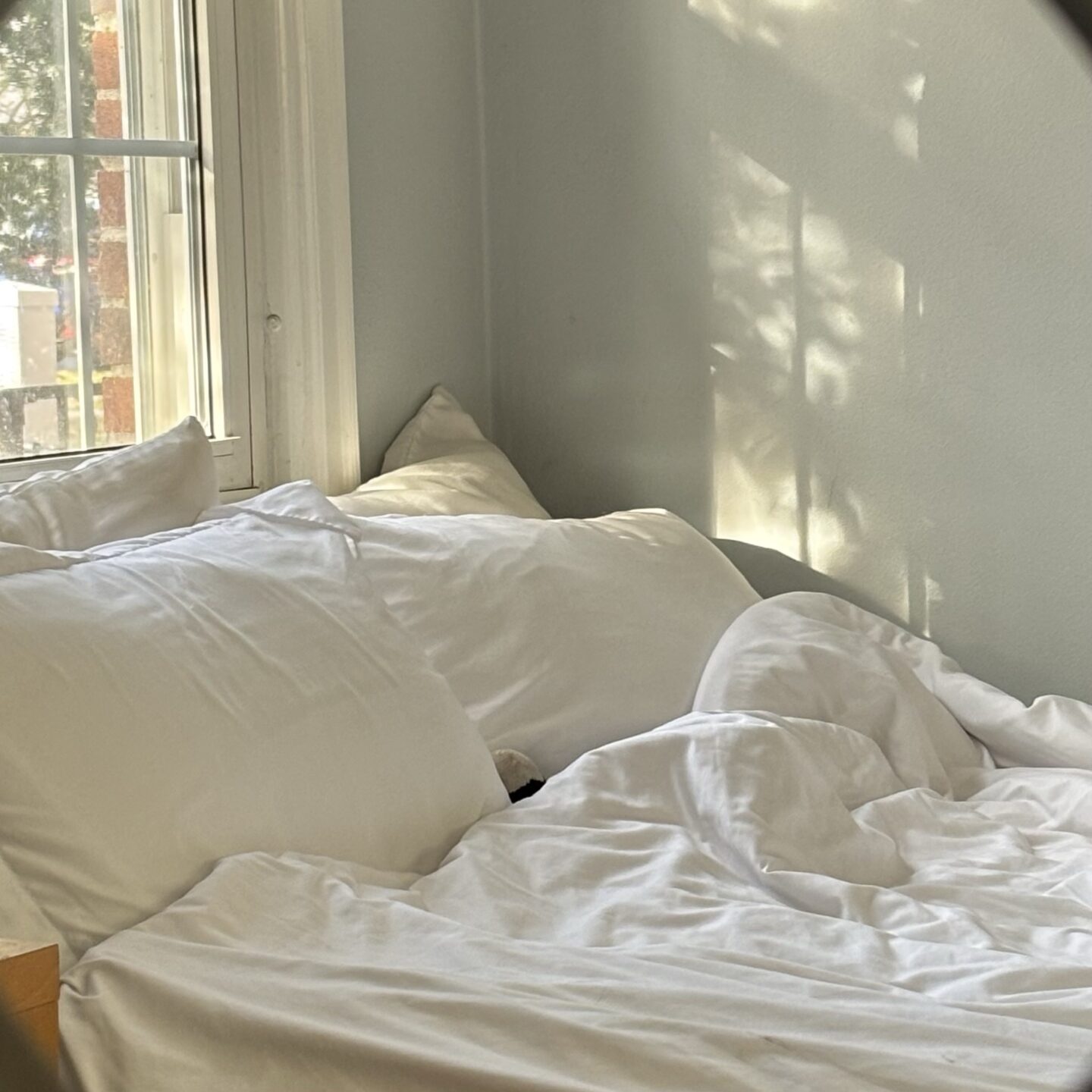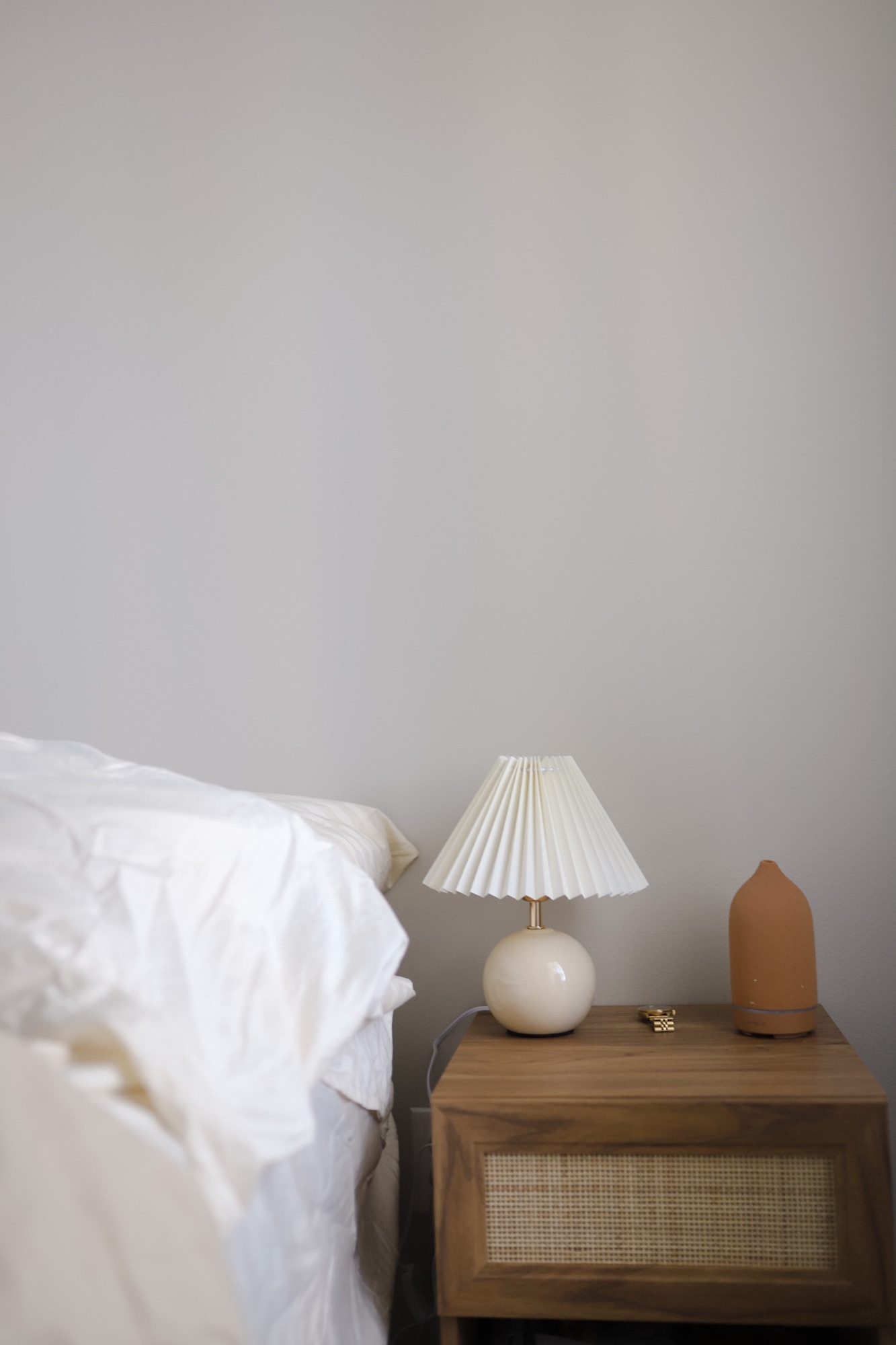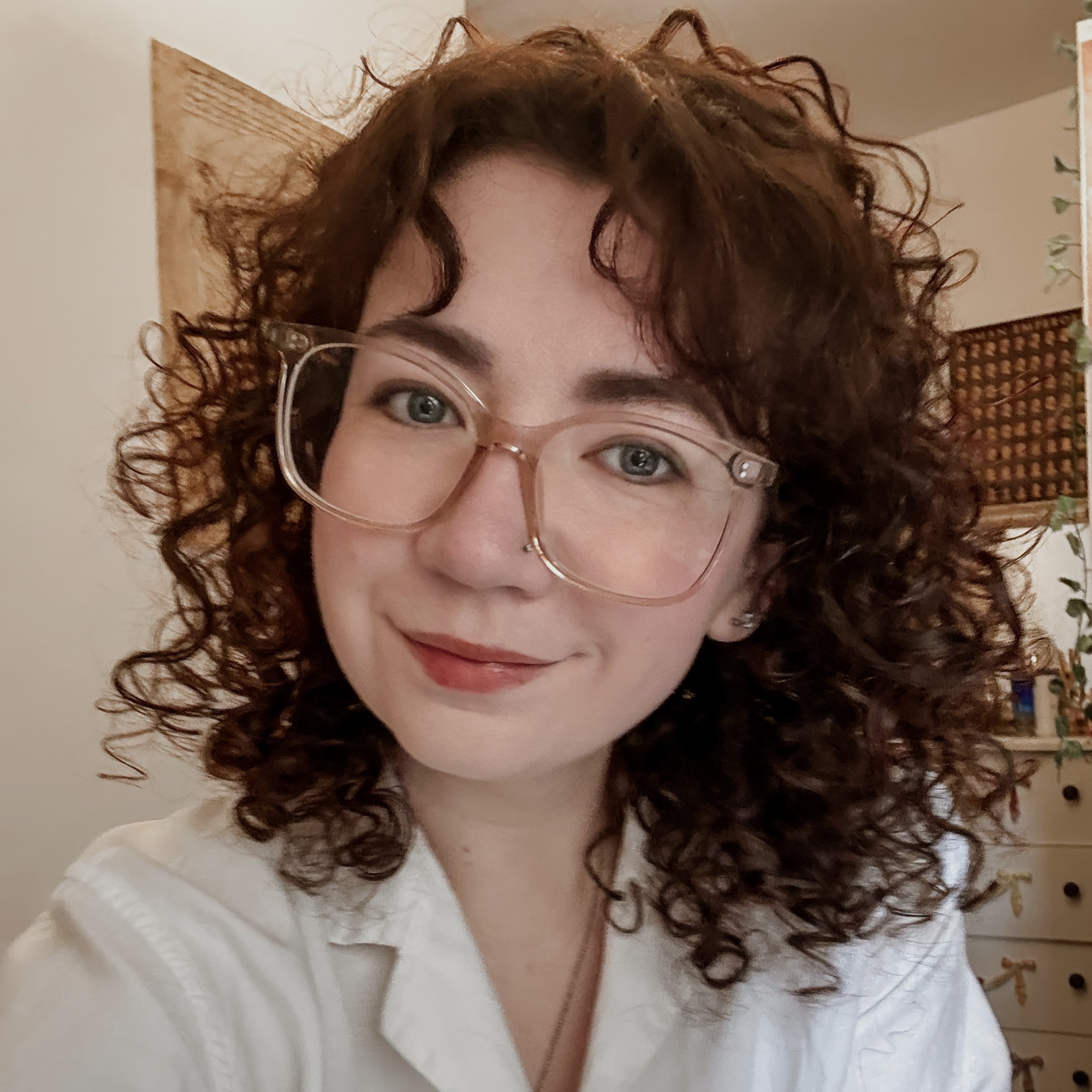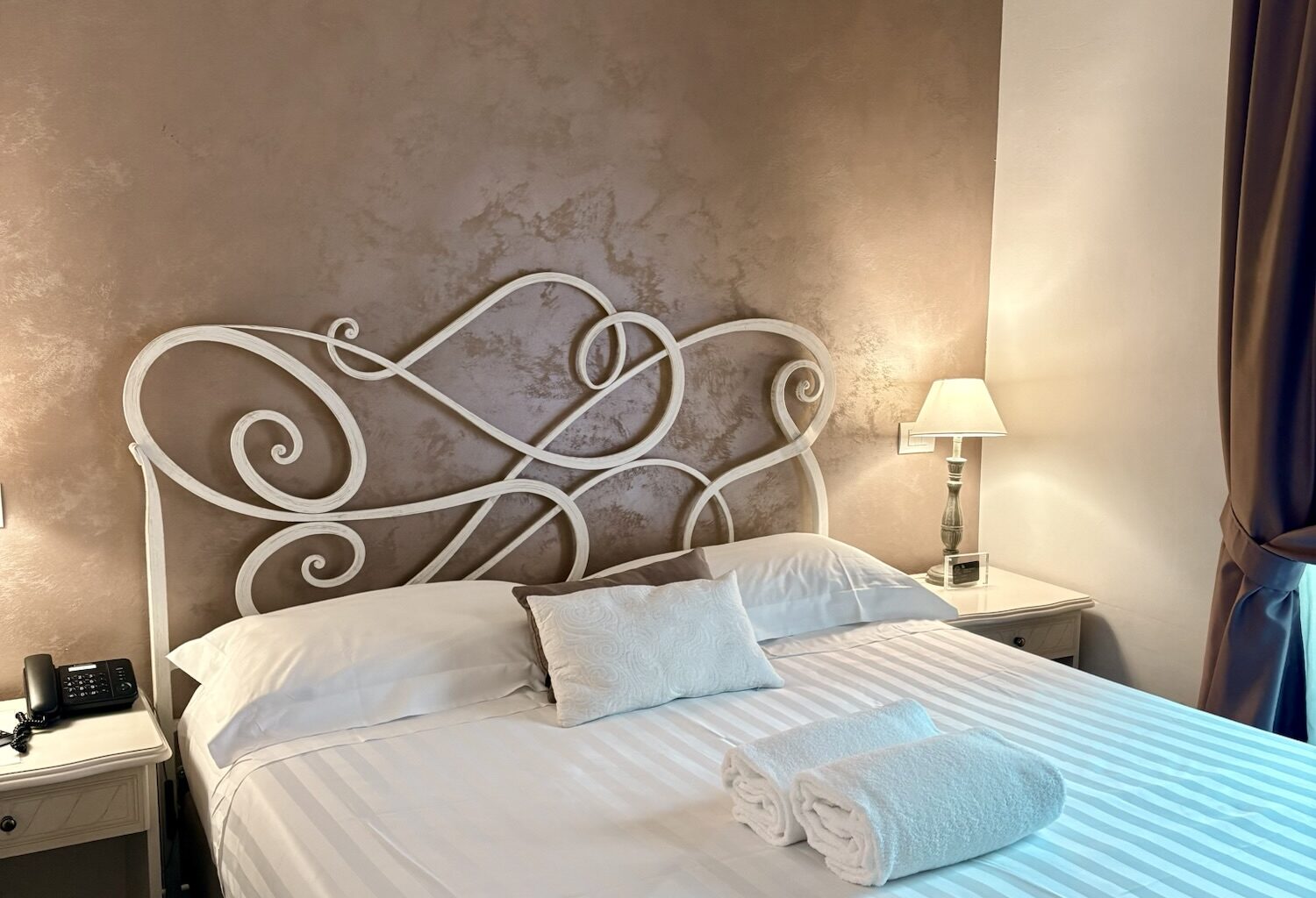For many Americans, a good night’s sleep is harder to come by than it should be. Allergies, dust, pet dander, and even seasonal pollen can make nighttime rest less refreshing. The idea of using an air purifier to improve sleep has gained traction, but is it just a health trend or a real solution? Research into sleep quality shows that cleaner air can help reduce nighttime allergies, prevent congestion, and make breathing easier—key factors for uninterrupted rest.
When you consistently breathe cleaner air, your body doesn’t have to work as hard to filter out irritants, which can mean deeper, more restorative sleep cycles. Over time, this can contribute to improved mood, better focus, and even a stronger immune system.

Why Air Purifiers Can Make a Difference
When you sleep, your body shifts into a restorative mode. But if you’re inhaling airborne irritants, your respiratory system can stay in overdrive, leading to micro-awakenings you might not even notice. An air purifier removes common indoor pollutants such as dust mites, pet hair, mold spores, and smoke particles. By reducing these irritants, you’re less likely to wake up with a stuffy nose, scratchy throat, or watery eyes.
How PuroAir Helps Improve Sleep
Among the many air purifiers available, PuroAir stands out for its advanced HEPA 14 filtration—one of the highest filtration standards for consumer devices. This technology can capture 99.99% of microscopic particles, including allergens that often trigger restless nights. PuroAir’s quiet operation also means you can keep it running while you sleep without the constant hum becoming a distraction.
The company’s dedication to healthier living is also reflected in its ongoing partnership with national organizations focused on lung health, as shown in its work with the American Lung Association. This collaboration reinforces PuroAir’s mission to help more people breathe easier—day and night.
Users have reported tangible changes in their sleep patterns after switching to PuroAir. One customer from Chicago shared, “I used to wake up every morning with a blocked nose. After just two weeks of running PuroAir in my bedroom, I can finally breathe clearly through the night.” Another reviewer from Austin noted, “We have two cats, and my partner’s allergies were keeping both of us up. PuroAir made a noticeable difference within days—we’re both sleeping better now.”

The Myth: Air Purifiers as a Cure-All
While PuroAir and other high-quality air purifiers can significantly improve indoor air quality, they aren’t a magical fix for every sleep problem. Issues like stress, irregular sleep schedules, or untreated sleep disorders won’t be solved simply by cleaner air. The key is to see an air purifier as part of an overall healthy sleep strategy—alongside a consistent bedtime routine, a comfortable mattress, and a cool, dark room.
Making the Most of an Air Purifier for Sleep
To maximize the benefits, place the air purifier in your bedroom where you spend the most continuous hours each day. Keep windows closed while it’s running to prevent outside pollutants from flowing back in. Clean or replace the filter as recommended to ensure it works at peak efficiency. Over time, you may notice fewer nighttime allergies, less morning congestion, and deeper, more restful sleep.
Even small changes—like adding a plant for natural humidity or adjusting your sleeping position—can enhance the effects of an air purifier, making your bedroom a cleaner, healthier place to recharge.
Final Word: Reality Wins Over Myth
For many Americans, using a high-performance air purifier like PuroAir is more than just a wellness trend—it’s a practical step toward better sleep. While it won’t solve every cause of insomnia, it can address one of the most overlooked factors: the air you breathe for roughly eight hours each night. When you eliminate allergens and airborne irritants, you give your body the quiet, clean environment it needs to truly rest—and that’s a change worth making. For tips, updates, and real user stories, you can follow PuroAir on Instagram and see how others are improving their sleep quality.




